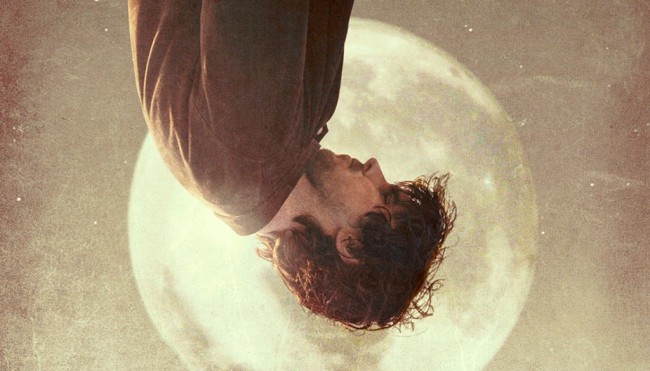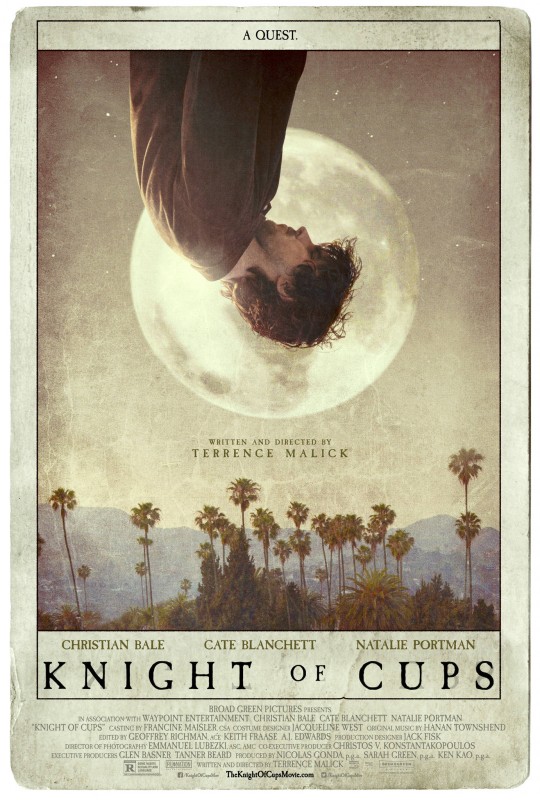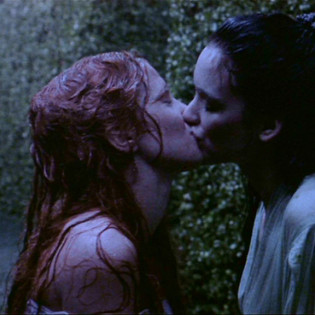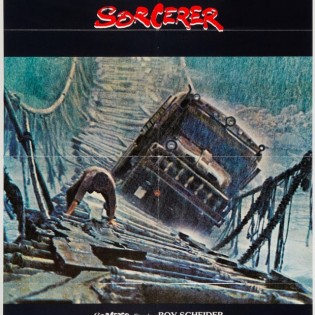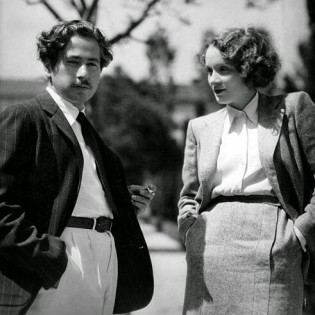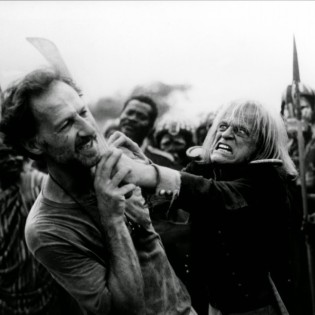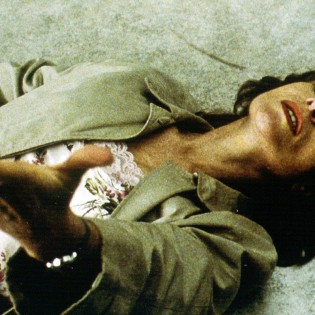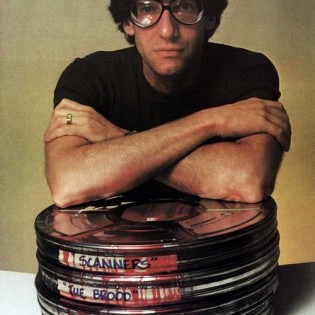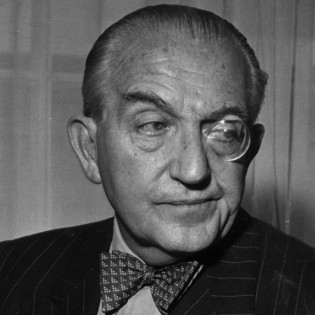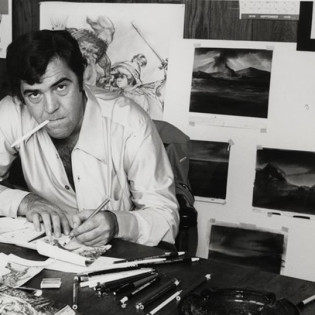By James Hancock March 4th, 2016
Of all the great filmmakers still active today, Terrence Malick’s films arguably most easily lend themselves to a wide range of interpretations. Where some see profound observations about what it means to live and love while grappling with one’s insignificance relative to the vastness of the universe, others are quick to dismiss him as a superficial dreamer lacking the structure and discipline to tell a proper story. Ordinarily I favor filmmakers who tell lean stories with a minimum of navel-gazing, but I make an exception when it comes to Terrence Malick. When I watch his movies, I essentially go into a deep state of relaxation, almost a meditative trance. If any other filmmaker showed me as many scenes as he does of lovers holding hands casually watching the world go by, I would demand their head. But with Malick, I recognize that I am in the capable hands of a great artist, and that several dreamlike hours in his universe will always be worth the journey, even if thematically he appears to retread familiar ground occasionally and not always to the same dramatic effect. My theory is that a lot of people fight the rhythms of Malick’s films in that they are so otherworldly compared to the formulaic, cookie cutter scenarios that most filmmakers embrace. I vividly recall how people seemed almost to rise up against him when he released To the Wonder in 2012 because it did not equal the transcendental experience of The Tree of Life (2011). If you were part of that lynch mob, Knight of Cups will likely have you reaching for your pitchfork and joining the angry masses looking to get some of Malick’s blood on your hands. Many prominent critics have already eviscerated this movie as if Malick somehow did them some personal injury by not always creating a masterpiece each time he makes a movie. But if you’ve ever enjoyed any of Malick’s films, my hope is that you’ll give Knight of Cups a chance. Knight of Cups is one of Malick’s most personal films to date and even if it is not his signature achievement, Knight of Cups is a reminder that every film by Terrence Malick is always worth watching.
I first became obsessed with movies in the late Nineties when Malick was essentially the most famous hermit in film history, a master filmmaker who had not completed a film since Days of Heaven in 1978. At that time Malick’s debut feature film Badlands was (and still is) one of my favorite movies. When word got out that he was working on The Thin Red Line, for film freaks it was the equivalent of John Lennon rising from the dead to reunite the Beatles. Ever since his return, Malick’s output has been more steady, five films in a little less than twenty years, with many of the best actors in the business lining up for the chance to work with him which brings us to Knight of Cups. Christian Bale, who previously worked with Malick in The New World (2005), plays a screenwriter drifting between romantic relationships, never actually committing to anything other than gaining fresh experiences while periodically wrestling with his memories of his turbulent relationship with his father and brother. Malick breaks up the story into different chapters inspired by the iconic figures featured in a deck of Tarot cards. With a tale as episodic as Knight of Cups, and one so completely devoid of a conventional narrative, naturally some chapters are stronger than others, but I never found my attention drifting. I might be wrong about this, but to my knowledge, Bale’s character never actually speaks to another character, he is only spoken to. Bale has his fair share of voice over narration, because it would not be a Malick film without it, but this approach makes Knight of Cups an incredibly subjective experience for me, almost like briefly living inside someone else’s jumbled emotions and experiences, but with the fragmented continuity of a dream.
If you’re seeking answers to what this film is about or a satisfactory conclusion, Knight of Cups will leave you seeing red. The film is essentially two hours of cocktail parties and insanely beautiful women, with a dash of the slimy side of showbiz. At the finale, we are no closer to understanding the central character than he is to understanding himself. I know almost nothing about Terrence Malick’s biography but I have a feeling that he often feels this way about his own life. After decades of working in the movie industry, with at least a handful of acknowledged classics to his credit, Malick appears to be no closer to a state of understanding and enlightenment than he was at the start of his journey. But as is often the case with people of a philosophical temperament, it is the journey, not the destination, that is important, and this is a journey that I thoroughly enjoyed. I can’t argue with the critics who find this movie to be an extraordinarily beautiful vanity trip that uses technical expertise to disguise a vacuum of depth at its core. As I said at the opening, Malick’s movies very readily open themselves up to all manner of interpretation. But for my taste, Malick on his worst day remains one of the best directors of the past few decades. Critics might be sharpening their knives with relish to chop him to pieces in the short term, but they will be the first to write glowing tributes to him once he is gone.
I am one of the Co-Hosts of Wrong Reel and you can find more of our content here:


